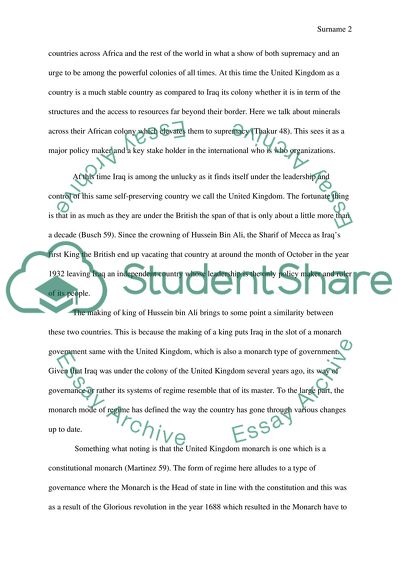Cite this document
(“The U.K. and Iraq Regimes Term Paper Example | Topics and Well Written Essays - 2500 words”, n.d.)
The U.K. and Iraq Regimes Term Paper Example | Topics and Well Written Essays - 2500 words. Retrieved from https://studentshare.org/politics/1800450-uk-and-iraq
The U.K. and Iraq Regimes Term Paper Example | Topics and Well Written Essays - 2500 words. Retrieved from https://studentshare.org/politics/1800450-uk-and-iraq
(The U.K. And Iraq Regimes Term Paper Example | Topics and Well Written Essays - 2500 Words)
The U.K. And Iraq Regimes Term Paper Example | Topics and Well Written Essays - 2500 Words. https://studentshare.org/politics/1800450-uk-and-iraq.
The U.K. And Iraq Regimes Term Paper Example | Topics and Well Written Essays - 2500 Words. https://studentshare.org/politics/1800450-uk-and-iraq.
“The U.K. And Iraq Regimes Term Paper Example | Topics and Well Written Essays - 2500 Words”, n.d. https://studentshare.org/politics/1800450-uk-and-iraq.


